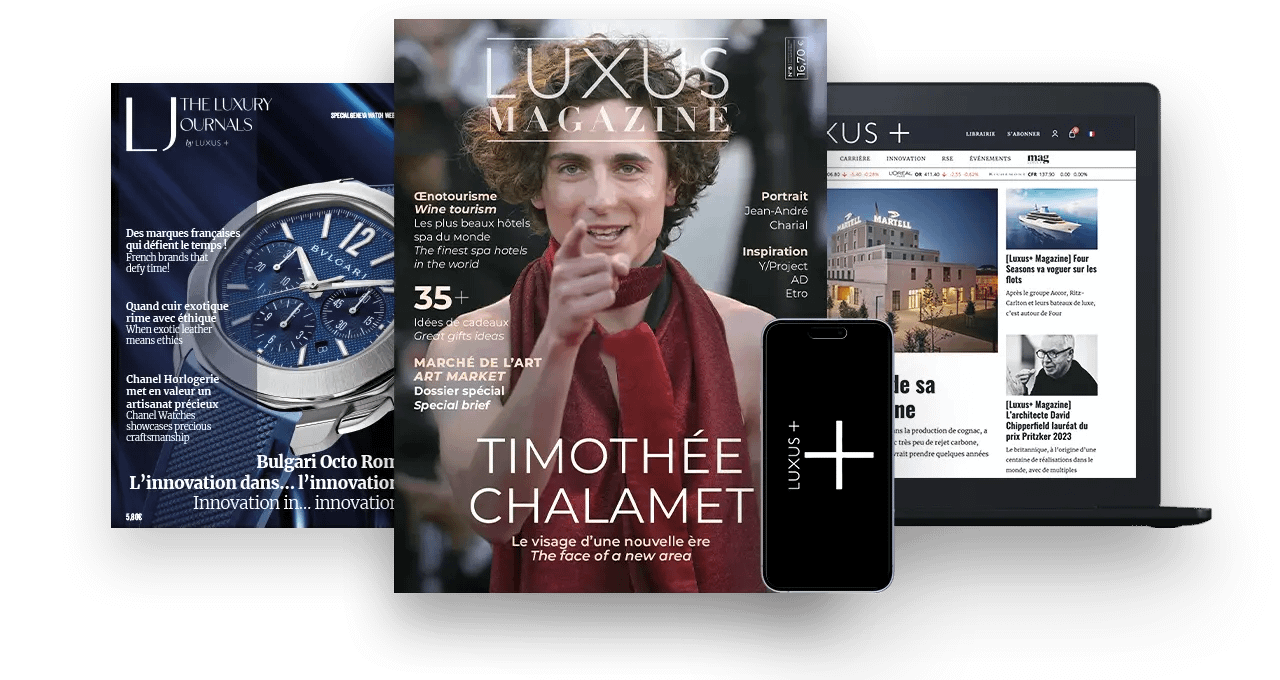Recent YPulse studies show that the younger generation is less sensitive to mega-influencers than in the past. But while this is true of Americans and Europeans, the French are the exception, and continue to place more importance on the star influencers of social networks.
Among the younger generations, the big influencers are becoming less influential…than the small ones! That’s the paradoxical finding of YPulse, the market research specialist that tracks the habits of Gen Z and Millennials…
But while the phenomenon is true in America and Europe, young French people are resisting, and continue to place their trust in the recommendations of big influencers.
The first YPulse study was conducted from February 13 to 25, 2024, among 1,500 people aged 13 to 39 in the United States and Canada.
Dislike for big influencers
According to the study, young people on the other side of the Atlantic are now wary of influencers who are too popular. 65% of 13-39 year-olds say they prefer recommendations from content creators followed by smaller communities…
This evolution can probably be linked to the distrust also shown towards overly intense advertising activity, which is generally the hallmark of the biggest influencers. 61% of young Americans say they “trust an influencer less if they publish too much advertising content”.
In fact, for the majority, when you like it, you don’t count it! 55% of young Americans surveyed say they don’t care how many subscribers follow a content creator…
Across the Atlantic, 44% of 13-39 year-olds believe that influencers don’t have as much power as they used to. In fact, 78% place more importance on what their friends buy than on what an influencer buys!
Europeans less fond of big influencers…
YPulse also noted the waning aura of influencers on the Old Continent in a recent study, WE Influencers Anonymous .
According to this study, 47% (three points more than Americans) of Europeans aged 13 to 39 believe that influencers no longer have the power they once had.
The very young, however, remain slightly more susceptible to influence from these “famous strangers”. 64% of 8-12 year-olds say they would buy something recommended by an online influencer. But “only” 56% of 13-17 year-olds would do so.
French exception
Departing from this general European average and growing disenchantment, young French people nevertheless continue to “kiffer” their influencers, and in particular, the heavyweights.
38% of French people aged 13 to 39 (i.e. nine points more than the average for other young Europeans, including English, Germans, Spaniards and Italians) say they are more inclined to listen to a product recommendation from an influencer with a large community of followers than from a smaller one.
And “only” 39% of young French people (versus 55% for the average of other young Europeans…) say they are prepared to listen to product recommendations from influencers, regardless of the number of their followers…
Could this ever-present aura of the big influencers be explained by the fact that young people readily project themselves into such and such a “profession”? 42% of 13-39 year-olds in France (8 points more than in other European countries) believe they already play an “influencer” role with their group of friends, testing new products and recommending them to their circle.
And these young French improvisers also venture beyond their own circle of friends. According to YPulse’s WE Social Media Behavior report, France ranks second in the world for the number of young people creating content recommending products to an audience beyond their friends and family. 47% of French 13-39 year-olds (compared with 33% of other young Europeans) say they have recommended a product on social media… A far cry from the Baby Boomers and their rejection of the consumer society in 1968!
However, the French public authorities have not been idle in the face of the risks of influencers taking hold of vulnerable young people. A year ago, Parliament adopted a bill on influencers. Since then, the law has given influencers greater control, requiring them to be more transparent about the advertising nature, if any, of their publications.
Read also > [LUXUS MAGAZINE] SOCIAL NETWORKS: TOWARDS THE END OF A DIGITAL ERA?
Featured Photo: © Getty Images/Unsplash







































